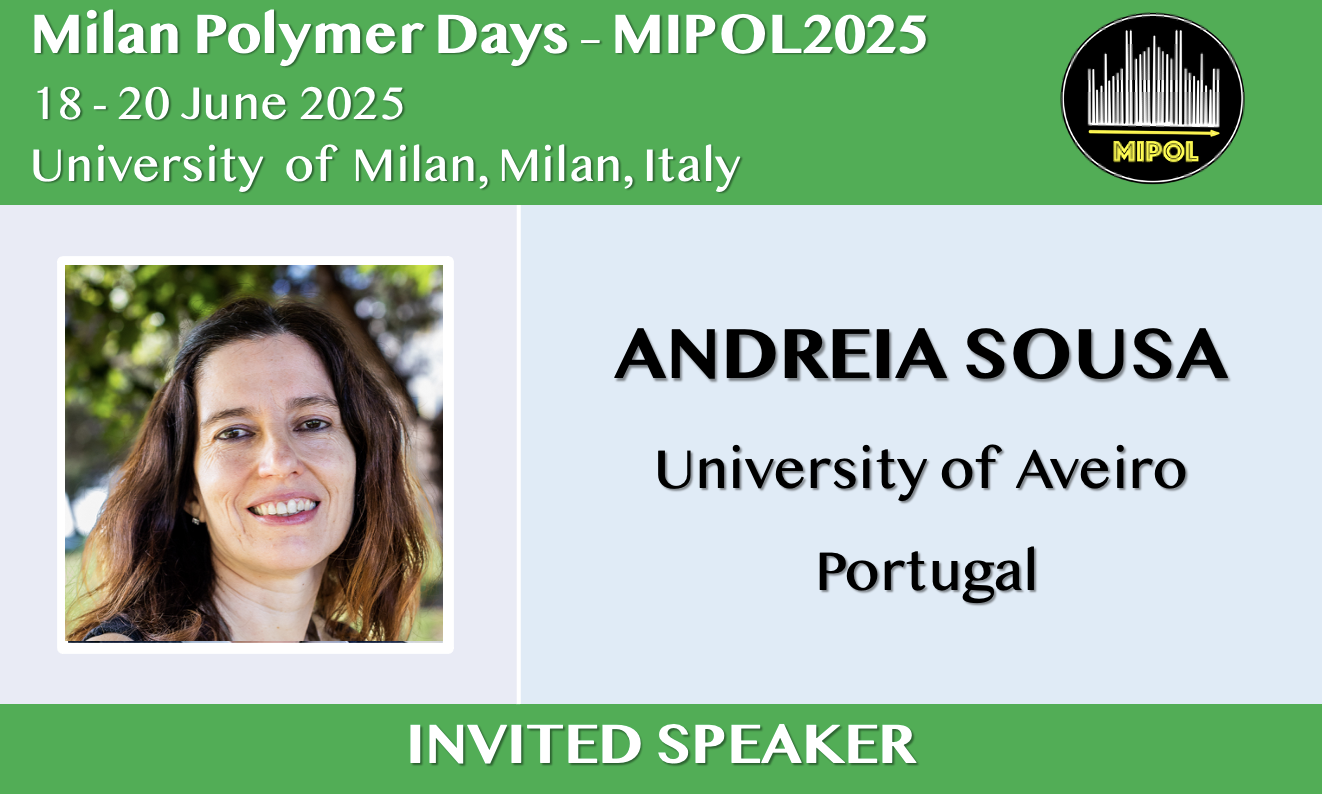Greener solvent-driven strategies for closed-loop recycling of complex polymers
Abstract

The global demand for polymers has led to severe environmental challenges, including waste accumulation, resource depletion, and pollution. Current recycling methods for complex polymer waste, such as the widely used acrylonitrile-butadiene-styrene (ABS), among others, face limitations in efficiency, scalability, and sustainability. Recently, greener and renewable-based solvents have attracted attention for different purposes, including for extraction and purification processes, due to their potential low toxicity compared to traditional ones, as well as their cost-effective synthesis and recoverability. Therefore, this study underscores the transformative potential of specifically designed deep eutectic solvents and biosolvents in overcoming these challenges, enabling the efficient recycling of complex and traditionally difficult-to-recycle polymer waste.
A groundbreaking physical methodology for ABS recycling was developed using biobased solvents, effectively overcoming quality degradation in conventional processes. Extensive in-silico screening using COSMO-RS identified esters as optimal solvents for prompting selective dissolution of ABS terpolymer, confirmed by experimental validation. Recycled ABS materials retained structural chemical features, as demonstrated by FTIR and NMR analyses, showcasing a pathway for higher-value applications in a circular economy.
Similarly, the recycling of complex yet abundant polymer waste, such as PET/cotton textile blends, was achieved using a water-based physical process. This approach resulted in over 94% mass recovery with high-purity fibre fractions. Analytical techniques, including FTIR, DSC, and TGA, verified the quality of separated materials, while XRD confirmed the preservation of cotton's crystalline structure. Furthermore, environmental impacts were significantly reduced through efficient water recovery, lowering the E-factor from 500 to 26.
Finally, innovations in polyesters recycling employed biobased solvents, such as specifically designed Deep Eutectic Solvent (DES). A urea: zinc acetate DES system demonstrated its efficiency in mediating glycolysis catalysis in a closed-loop recycling process, from waste to polymers preserving virgin-quality properties. Thermal and XRD analyses revealed tunable material properties through compositional adjustments, supporting their integration into greener material applications.
These findings collectively contribute to the advancement of sustainable recycling technologies, emphasizing scalable, efficient, and environmentally friendly solutions to address the global plastic and textile waste crisis.
Acknowledgments
This work was developed within the scope of the project CICECO-Aveiro Institute of Materials, UIDB/50011/2020 (DOI 10.54499/UIDB/50011/2020), UIDP/50011/2020 (DOI 10.54499/UIDP/50011/2020) & LA/P/0006/2020 (DOI 10.54499/LA/P/0006/2020), financed by national funds through the FCT/MCTES (PIDDAC). AFS acknowledges National Funds through FCT – Fundação para a Ciência e a Tecnologia, I.P., under the Scientific Employment Stimulus – Institutional Call (CEECINSTLA/00002/2022). This publication is supported by the European Comission under Horizon Europe ABSolEU - "Paving the way for an ABS recycling revOLution in the EU" (HORIZON-CL4-2021-RESILIENCE-01-Project: 101058636).

